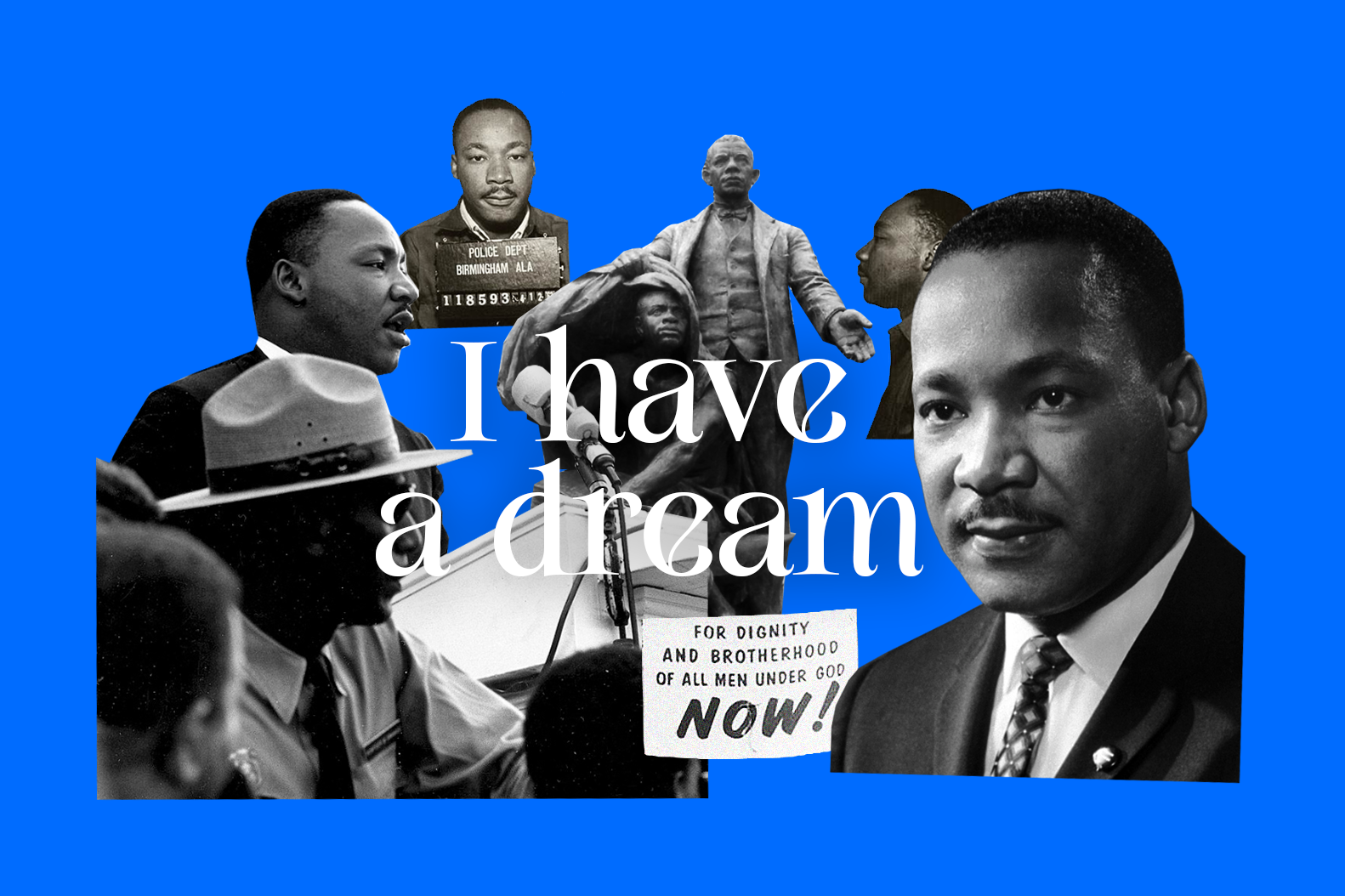This week, the United States celebrates Martin Luther King Jr. Day, a nationally recognised public holiday taking place on the third Monday of January.
It commemorates the legacy of Rev Dr Martin Luther King Jr (MLK) who was a legendary Baptist preacher and civil rights leader.
I studied history in university and am deeply interested in American history. I gleaned great insight from figures like MLK and gained a deep appreciation for his words and deeds.
I believe it is highly worthwhile for anyone to appreciate MLK’s legacy; in doing so, we learn of how a single person can influence change and the importance of pursuing justice for all people as a God-given obligation.
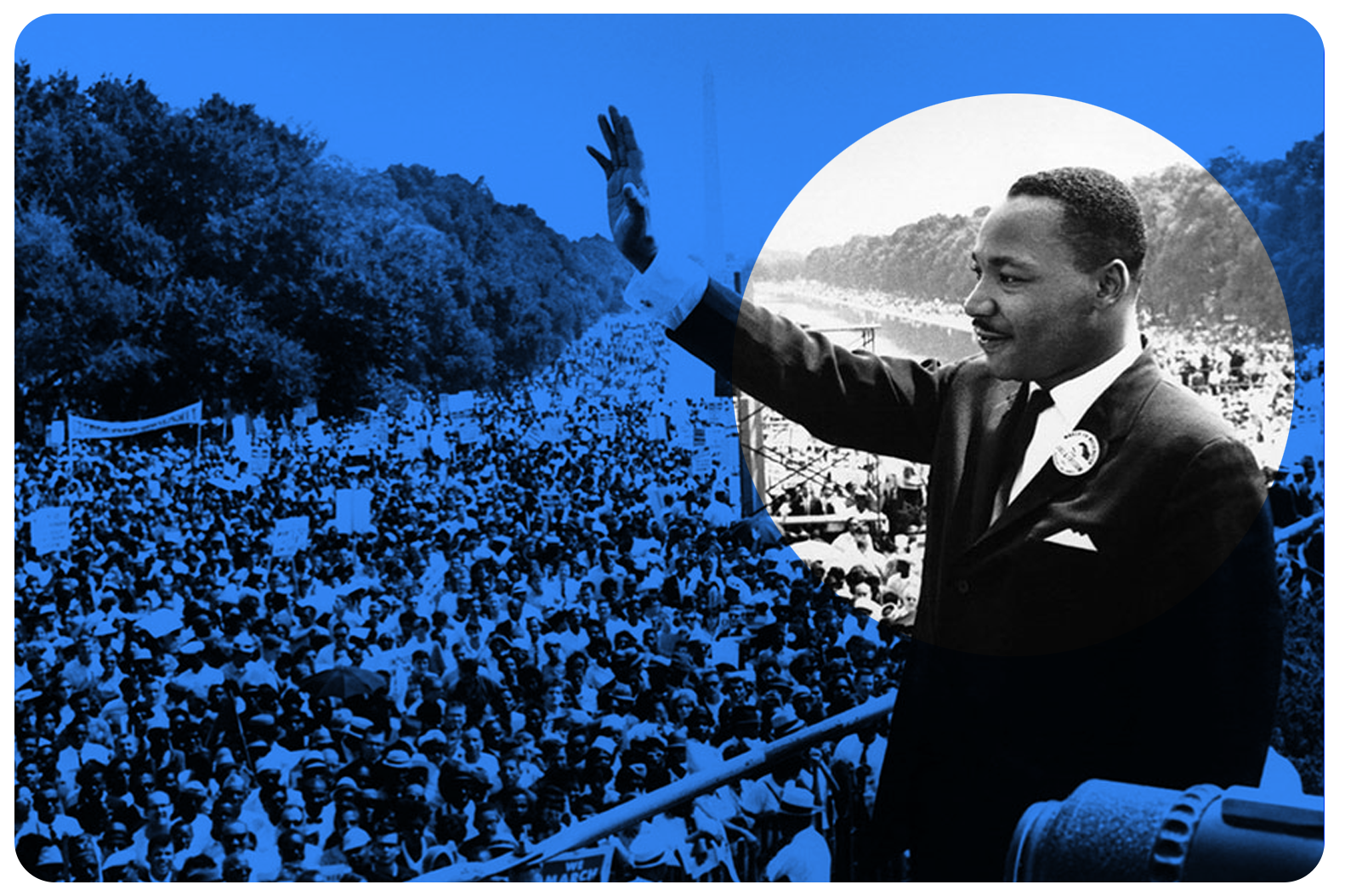
It has to be said here that MLK was a man who was flawed and imperfect.
He was not faithful in his marriage and his private writings also reveal that his theology was not quite orthodox.
Nevertheless, we can learn other things from his legacy. Below are some of them.
MLK’s view of justice was influenced by the Gospel
MLK’s quotes are often shared on the internet without their full context. That makes it easy to miss how greatly his rhetoric and thinking were influenced by a biblical worldview.
I would like to share three memorable occasions where MLK employed references to Scripture and biblical imagery.
The first is the famous “I Have a Dream” speech that he gave in front of the Lincoln Memorial during the March on Washington on August 28, 1963.
He quoted Amos 5:24, declaring that he and his fellow crusaders for justice would not be satisfied until “justice rolls down like waters, and righteousness like a mighty stream”.
He also quoted Isaiah 40:4-5: “I have a dream that one day every valley shall be exalted, every hill and mountain shall be made low, the rough places will be made plain, and the crooked places will be made straight, and the glory of the Lord shall be revealed, and all flesh shall see it together.”
In essence, he was envisioning a country and society where the reprehensible system of legalised racial segregation that defined the American South of the time, and other injustices like it, would be no more — replaced instead by God’s abundant love and grace for all people.
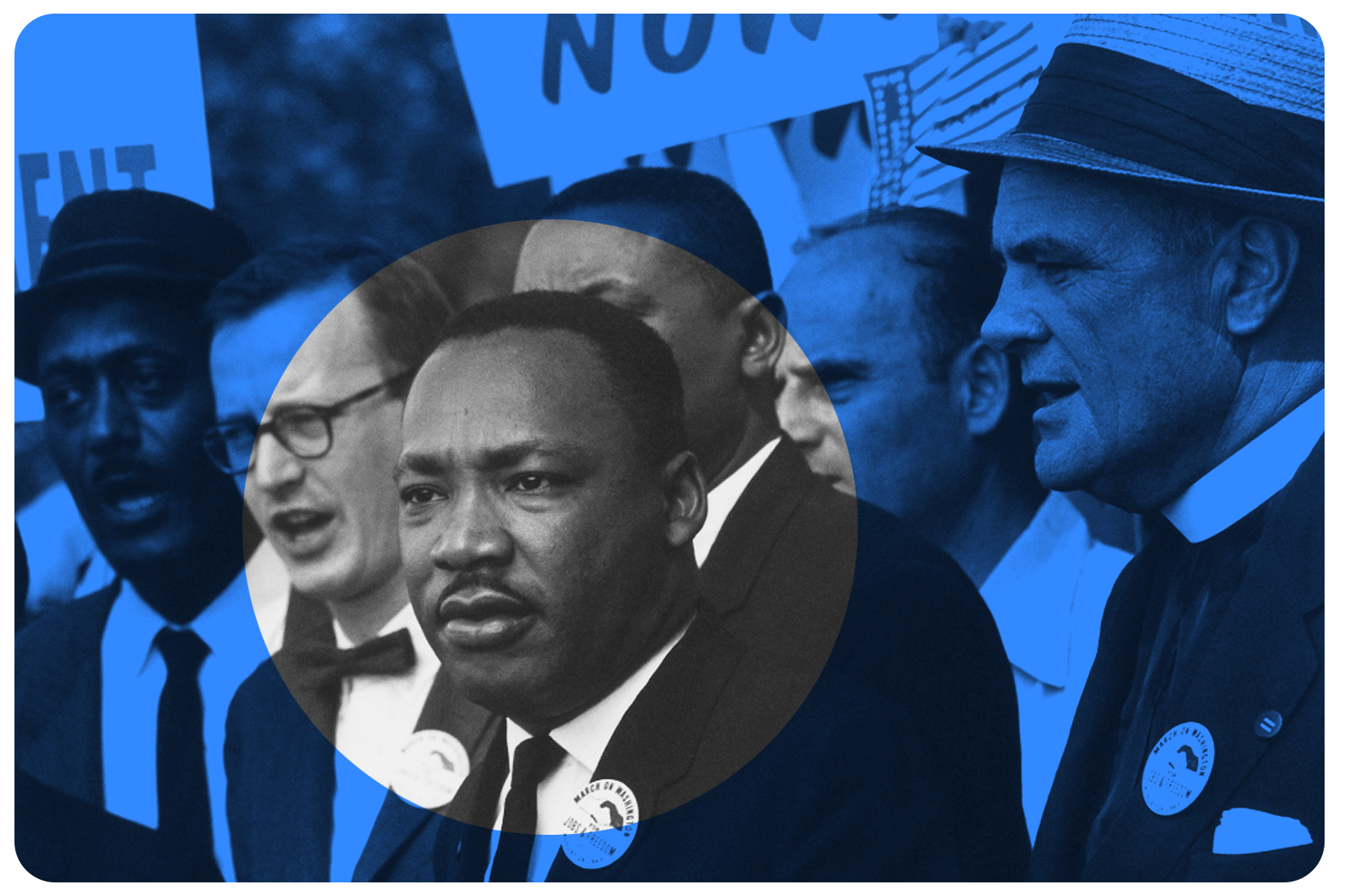
The second is the last Sunday sermon of his life, delivered at the Washington National Cathedral on March 31, 1968.
In this sermon, he challenged his congregation: “One day we will have to stand before the God of history and we will talk in terms of things we’ve done”.
MLK suggested that even if they built “gargantuan bridges to span the seas” or make “submarines to penetrate oceanic depths” — that wasn’t what God desired:
It seems that I can hear the God of history saying, “That was not enough! But I was hungry and ye fed Me not. I was naked and ye clothed Me not. I was devoid of a decent sanitary house to live in and ye provided no shelter for Me. And consequently you cannot enter the kingdom of greatness. If ye do it unto the least of these, My brethren, you do it unto Me.”
That’s the question facing America today.
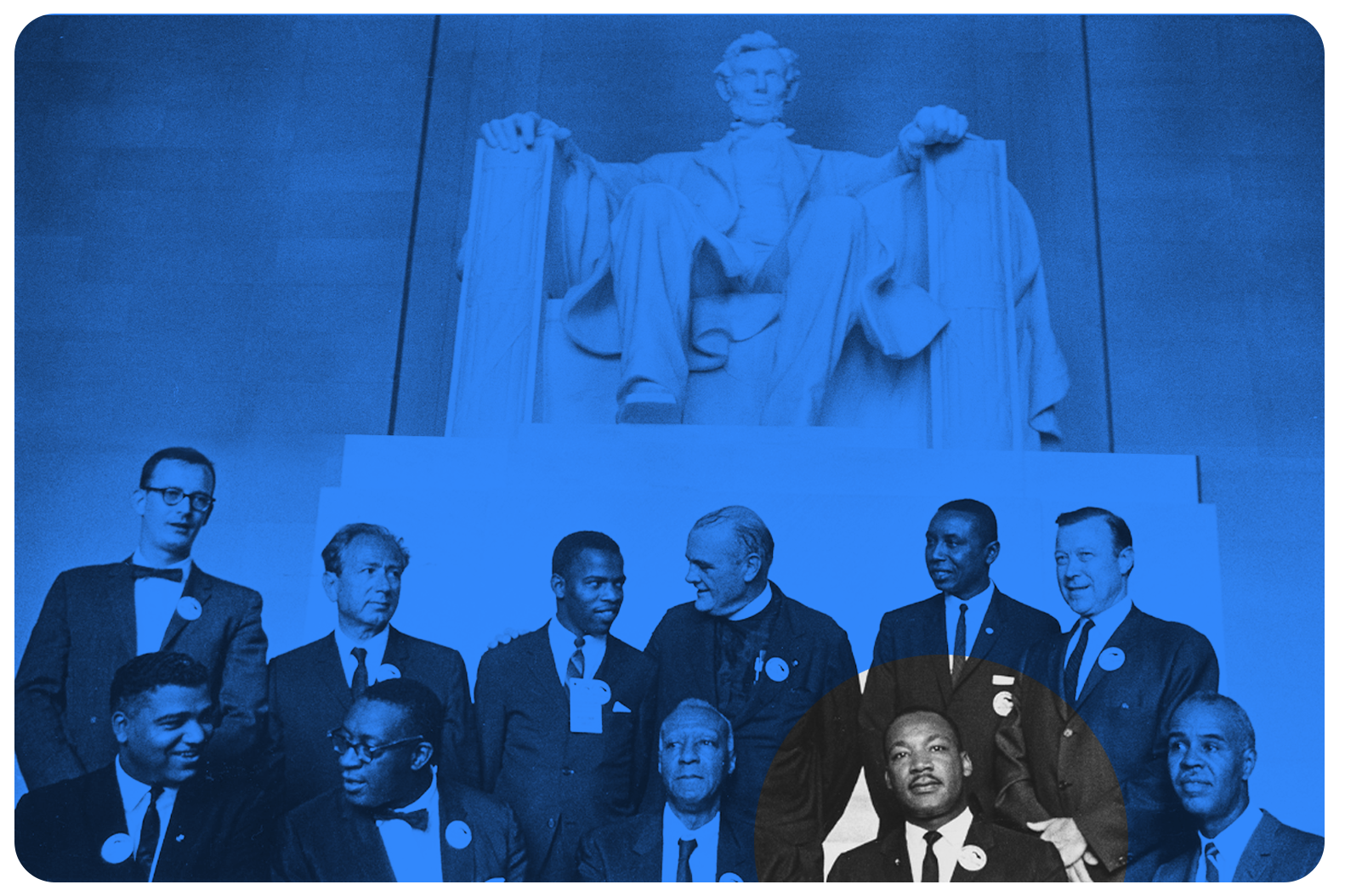
The third is the sermon MLK gave the day before he was assassinated on April 3, 1968.
He compared his listeners’ struggle to the plight of the slaves under Pharaoh in the book of Exodus, while also musing about the meaning of the Parable of the Good Samaritan.
Towards the end of his sermon, he used biblical imagery in a way that was eerily prophetic:
Well, I don’t know what will happen now. We’ve got some difficult days ahead. But it really doesn’t matter with me now, because I’ve been to the mountaintop. And I don’t mind. Like anybody, I would like to live – a long life; longevity has its place. But I’m not concerned about that now. I just want to do God’s will. And He’s allowed me to go up to the mountain. And I’ve looked over. And I’ve seen the Promised Land. I may not get there with you. But I want you to know tonight, that we, as a people, will get to the Promised Land. So I’m happy, tonight. I’m not worried about anything. I’m not fearing any man. Mine eyes have seen the glory of the coming of the Lord.
What does it show us? To me, it’s that the most powerful kind of advocacy for justice does not come from man-centered ideologies — but from the promises of God.
I believe that was something that MLK understood well.
MLK shone a light on those complicit in injustice
As I read about how MLK, along with many of his fellow civil rights champions, pushed hard against injustice, I was also horrified to learn about how the Jim Crow laws implemented and sustained the system of segregation in the first place.
It is sad to consider that no small number of white Americans in the churches of the day were complicit in tolerating and perpetuating such a system.
They would do so in different ways, from segregating their own churches to twisting Scripture to justify a racial hierarchy and prop up a segregationist system.
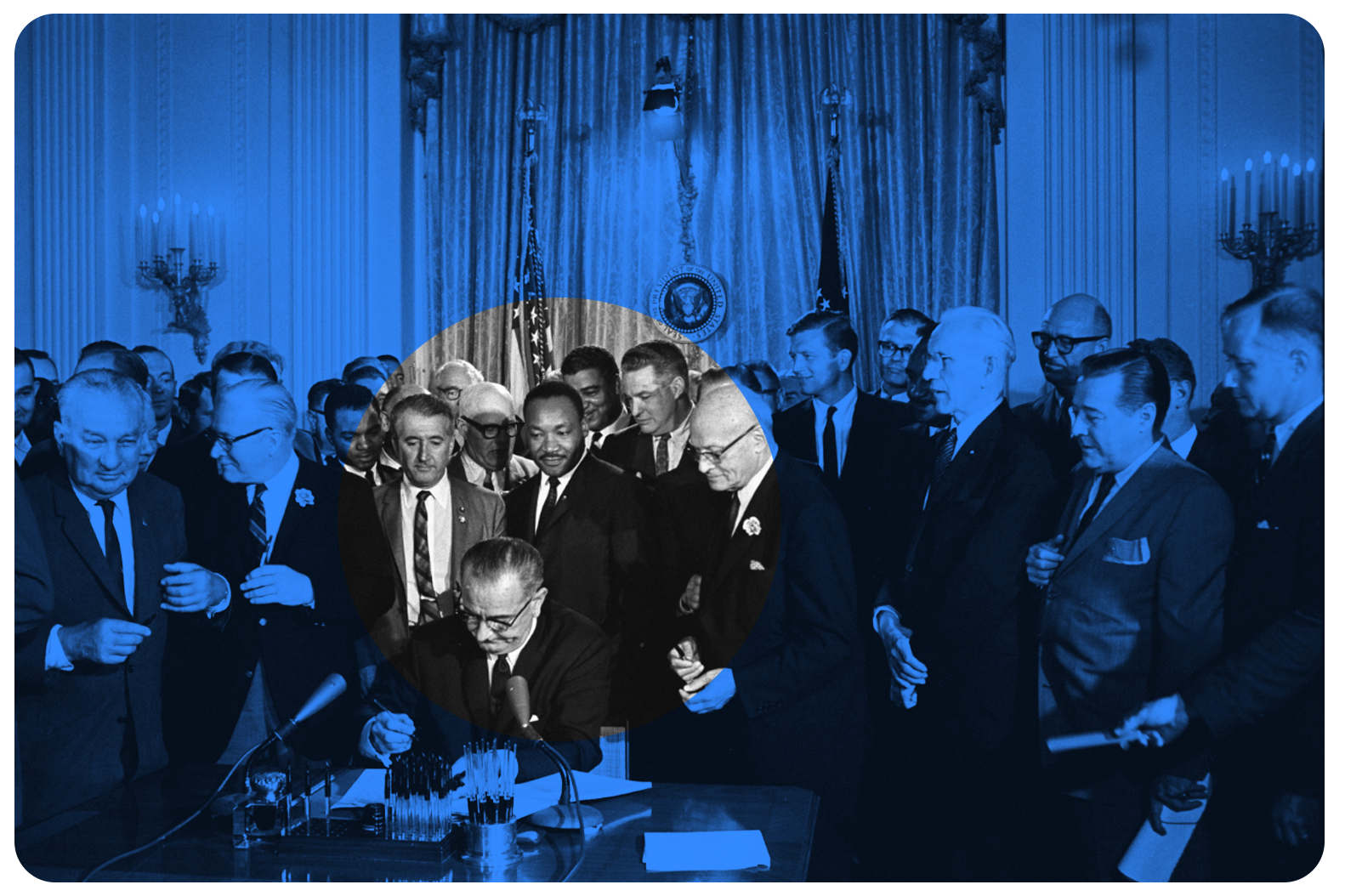
While the world has come a long way since then, there have still been many instances where people, including those who claim to represent God, have greenlighted and advanced such moral injustices.
It is important to truly understand what the Word of God says, so that no one can take us captive to deceptive philosophy or false teachings.
The least of these: The Church’s call to justice
Finally, I believe that as the Body of Christ — and as God’s representatives in this fallen world — we have a duty to advocate for those whom Jesus labelled as “the least of these”.
These are our brothers and sisters who are downtrodden and most vulnerable. This is the most important lesson that MLK’s life and legacy has shown us.
That isn’t to say that we are to solve all poverty, inequality and injustice right here and right now. That is falling prey to unrealistic and utopian thinking, and social and cultural change is not the main priority of the Church.
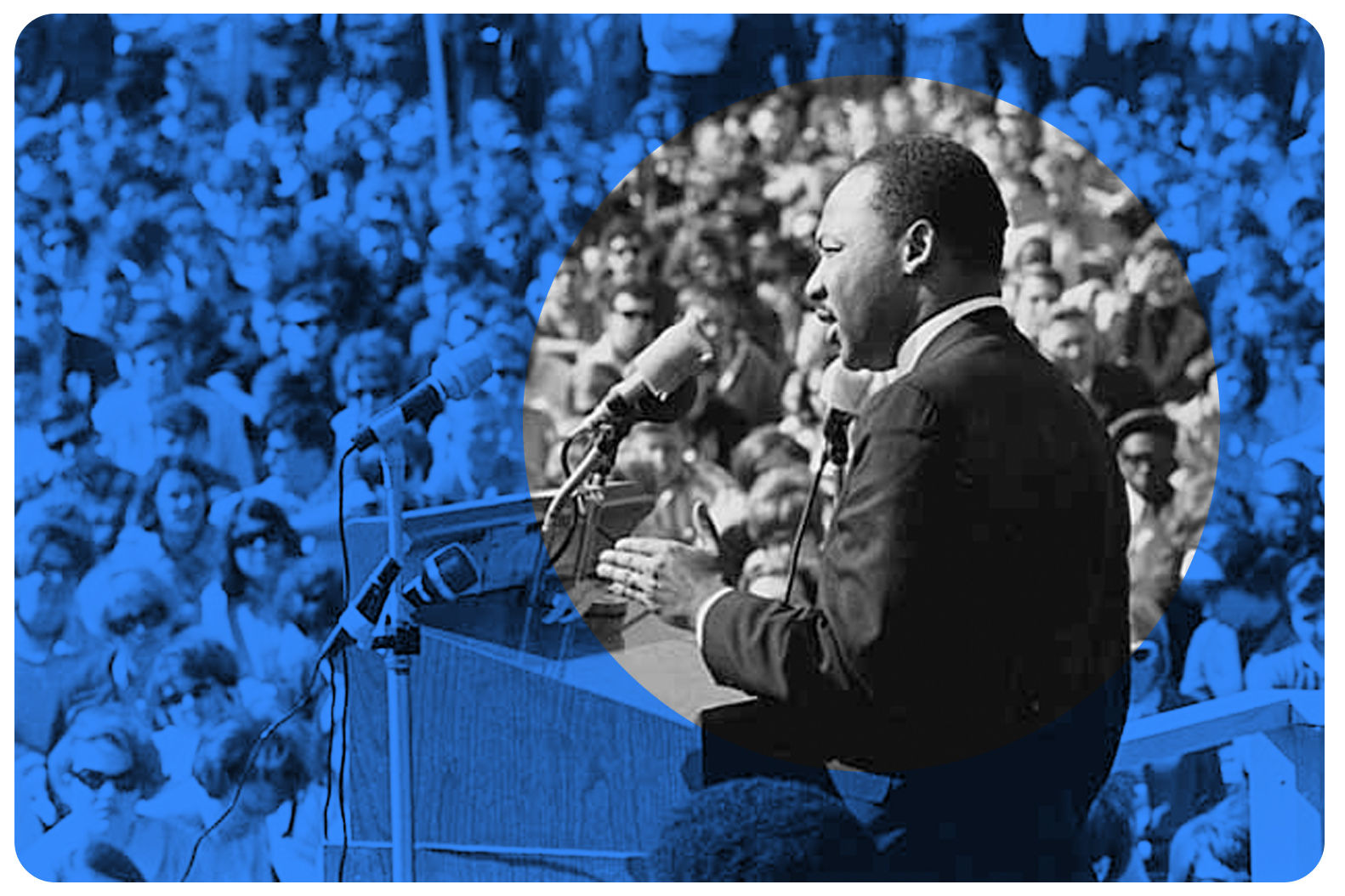
Nevertheless, we all must both individually and collectively find ways to bless and empower those who suffer on the margins, just as Jesus commanded us in Matthew 25.
Our witness as the people of Jesus Christ to a watching world and our duty to be salt and light have to go beyond words.
Our care for them as brothers and sisters made in God’s image must be shown in tangible, concrete ways.
In reaching others, Jesus met practical needs; ministry goes in hand with the message.
Lastly, we need to be cautious of taking the easy way out and retreating into our own church bubbles (which are often privileged bubbles, if I am being honest) as we live out our faith here in Singapore.
We must step out and heed the call in Isaiah 58:6 to “let the oppressed go free, and to break every yoke”.
What might that look like for us today?
MLK is one of my biggest inspirations.
If you’ve read this far, I would encourage you to dive further into understanding the life of this man and his civil rights advocacy.
But more importantly, I would hope that we all take seriously the pursuit of an awesome God of perfect justice, love and righteousness.
Let us keenly look ahead to the coming of a new heaven and new earth, where we can all sing without limits: “Free at last, free at last, thank God Almighty, we are free at last!”
- How does the world define justice?
- What does the Bible say on justice?
- How can you work for biblical justice in your society and communities right now?


